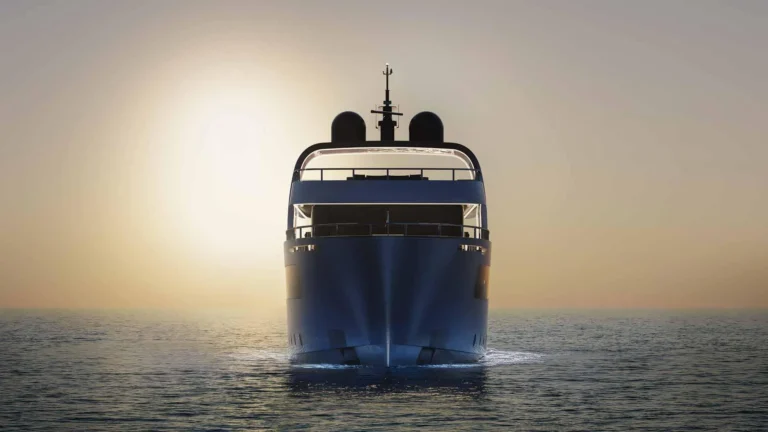Leveraging Machine Learning to Enhance Digital Services in the Maritime Industry
The maritime industry is no stranger to digital tools and technology. From navigation systems to cargo tracking software, digital solutions have transformed the way the industry operates. However, with the help of machine learning, digital tools in the maritime industry can be even more powerful and efficient. In this article, we will explore how machine learning can be leveraged to enhance digital services in the maritime industry.
Predictive Maintenance
One way in which machine learning can be used in the maritime industry is through predictive maintenance. By analyzing data from sensors and other sources, machine learning algorithms can predict when a ship or equipment is likely to experience a breakdown or malfunction. This can help companies take preventive measures to avoid costly downtime and repairs.
Optimization of Resources
Another area where machine learning can be leveraged is in the optimization of resources. Machine learning algorithms can analyze data on cargo, fuel consumption, and other factors to determine the most efficient route for a ship, as well as the optimal use of fuel and other resources. This can help shipping companies reduce costs and improve their bottom line.
Inbound Traffic Prediction
Machine learning can also be used to predict inbound traffic to ports. By analyzing historical data, weather patterns, and other factors, machine learning algorithms can provide accurate predictions of when ships are likely to arrive at a port. This can help port operators better manage their resources and reduce congestion.
Cargo Tracking and Security
Machine learning can also be used to track cargo and improve security. By analyzing data from sensors and other sources, machine learning algorithms can detect anomalies and identify potential security threats. This can help shipping companies and port operators improve the safety and security of their operations.
Environmental Sustainability
Finally, machine learning can be used to promote environmental sustainability in the maritime industry. By analyzing data on emissions, fuel consumption, and other factors, machine learning algorithms can help shipping companies and port operators reduce their environmental impact. This can help promote a more sustainable and responsible maritime industry.
In conclusion, machine learning has the potential to transform digital services in the maritime industry. By leveraging machine learning algorithms, companies in the industry can optimize their resources, improve their bottom line, and promote environmental sustainability. As the industry continues to evolve, machine learning will become an increasingly important tool for those looking to stay ahead of the curve.





